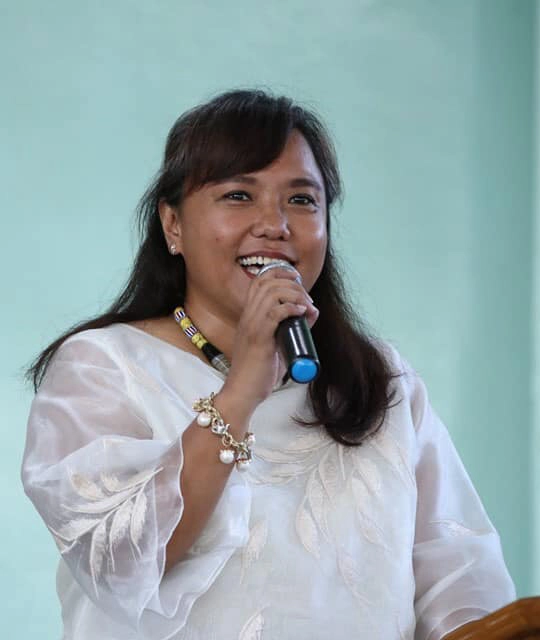

Owing to the need for a more inclusive justice system and reconciliation mechanism in Kalinga, an evolved peace code was developed – yTabuk Pagta.
To expand the traditional concept of Kalinga’s Pagta as a bilateral covenant, a task force, composed of representatives from various Kalinga communities and non-Binodngan (non-Kalinga) ethnic groups, formulated this novel model of an agreement between tribes. Anchored on the framework of the Kalinga Bodong Congress, yTabuk Pagta was improved into a more unified code of peace, which is aimed at promoting greater harmony between and among the tribes in Tabuk City.
With the end goal of promoting equality and eliminating the perception of discrimination during the settlement of disputes between Binodngan and non-Binodngan groups, yTabuk Pagta was crafted as an answer to the call of migrants, who established their homes in Tabuk City, to be included in Kalinga’s justice system. Formulated and adopted to be an inclusive instrument for settlement of conflicts and resolution of disputes, it may be applied to and invoked by all yTabuk living in the City of Life.
Encompassing a total of 21 sections concerned with different problems/issues/crimes related to gender-based violence and discrimination, Article X is one of the important features of the enhanced peace code because it deals with Crimes against Women and Children. Originally defined and found in a traditional Pagta, Pugod/Gubao (rape), Lugung (seduction), Sokwao/Daladag (adultery), Lukluk/Lobak (desecrating a widow/widower), Toddak di Babbai, abduction, and corruption of minors are some of the offenses or crimes stated in Article X. National laws, such as Anti-Violence against Women and their Children Act, and Anti-Bullying Act of 2013, also became a fundamental foundation for the definition of the other felonies included.
Atty. Zorayda Mia Wacnang, one of Tabuk City’s councilors, was privileged to be actively involved in the drafting of the yTabuk Pagta. As an empowered politician and lawyer, she was part of a group of women leaders and women representatives, whose task was to discuss and draft the Article on Crimes against Women and Children. The issue of women’s limited participation in the community peace process was raised during their discourse, making them realize that they need to take active positions and engagements in fortifying peace in their respective communities and tribes. Taking into account that women and children are the ones who are most affected by tribal wars and community conflicts, Atty. Wacnang believes that women must be given more opportunities to have their voices be heard, participate in dispute resolution, and assert their rights. Fortunately, collective efforts are now directed toward getting more women involved in peace-keeping mechanisms.
The convergence of different tribes and ethnic groups, and also the heightened participation of women, for the formulation of an enhanced peace code, prove that Kalinga is now on its way to strengthening an inclusive justice system and resolution structures. With this, yTabuk Pagta is truly Kalinga’s evolved unifying peace code.
31 October 2021